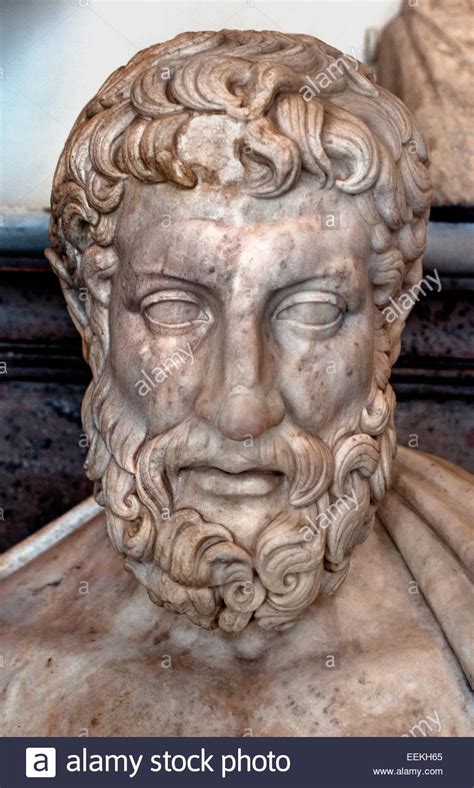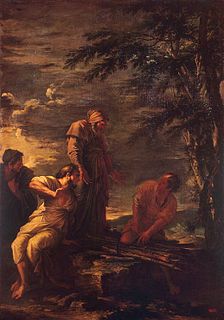A Quote by Metrodorus of Chios
None of us knows anything, not even whether we know or do not know, nor do we know whether not knowing and knowing exist, nor in general whether there is anything or not.
Related Quotes
Intuitionists think that there are cases in which, say, some identity statement between real numbers is neither true nor false, even though we know that it cannot possibly be false. That is: We know that it cannot not be that a = b, say, but we cannot conclude that a = b. We can't, in general, move from not-not-p to p in intuitionistic logic. , I suggest that the believer in vague objects should say something similar. It can never be true that it is vague whether A is B. But that does not imply that there is always a fact of the matter whether A is B.
I think it's much more interesting to live not knowing than to have answers which might be wrong. I have approximate answers, and possible beliefs, and different degrees of uncertainty about different things, but I am not absolutely sure of anything. There are many things I don't know anything about, such as whether it means anything to ask "Why are we here?" I might think about it a little bit, and if I can't figure it out then I go on to something else. But I don't have to know an answer. I don't feel frightened by not knowing things, by being lost in the mysterious universe without having any purpose - which is the way it really is, as far as I can tell.
Get to know yourself. Know your own failings, passions, and prejudices so you can separate them from what you see. Know also when you actually have thought through to the nature of the thing with which you are dealing and when you are not thinking at all... Knowing yourself and knowing the facts, you can judge whether you can change the situation so it is more to your liking. If you cannot--or if you do not know how to improve on things--then discipline yourself to the adjustments that will be necessary.
I would argue that the truth of Easter does not depend on whether there was an empty tomb, or whether anything happened to the body of Jesus. ... I do not see the Christian tradition as exclusively true, or the Bible as the unique and infallible revelation of God. ... It makes no historical sense to say, 'Jesus was killed for the sins of the world.' ... I am one of those Christians who does not believe in the virgin birth, nor in the star of Bethlehem, nor in the journeys of the wisemen, nor in the shepherds coming to the manger, as facts of history.
The love of a Sage for his fellows likewise finds expression amongst mankind. Were he not told sop, he would not know that he loved his fellows. But whether he knows it or whether he does not know it, whether he hears it or whether he does not hear it, his love for his is without end, and mankind cease not to repose therein.








































